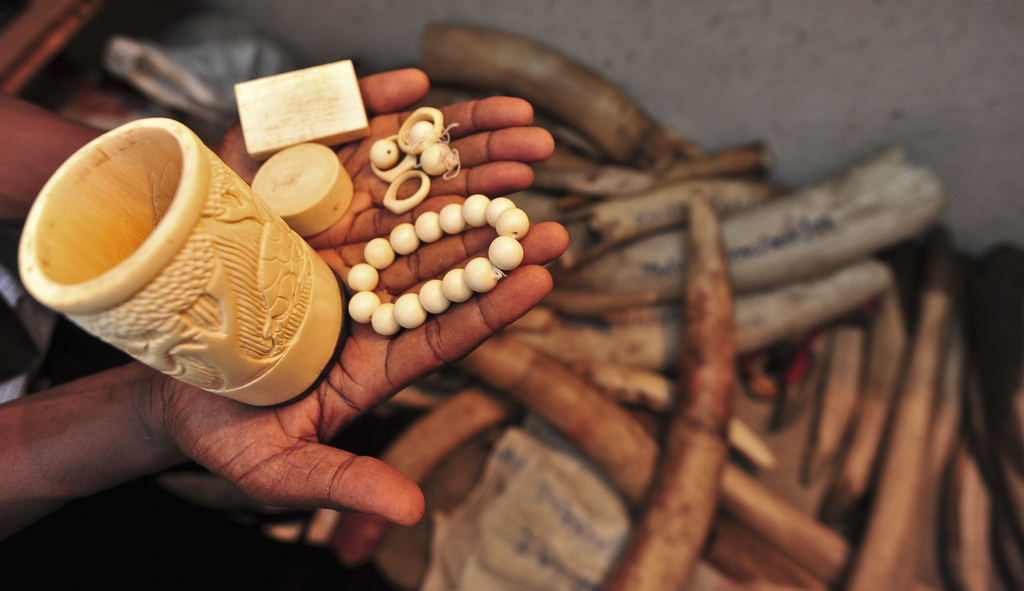
NEWS DESK POST written by Mary Rice, Executive Director of the Environmental Investigation Agency
Malawi – known as the Warm Heart of Africa – may be one of the continent’s most peaceful nations, but it is currently locked in a fierce battle to protect some of the world’s most threatened species of wildlife.
Following years of concerted efforts to clamp down on wildlife criminals, this small nation has just made a huge stride forward by dismantling one of Africa’s most prolific organised crime syndicates. Following a complex, multi-agency operation in May this year, ten Chinese and four Malawian nationals are currently on trial on various charges of trafficking rhino horn, elephant and hippo ivory, pangolin scales and live pangolins, as well as possession of illegal firearms and explosives.
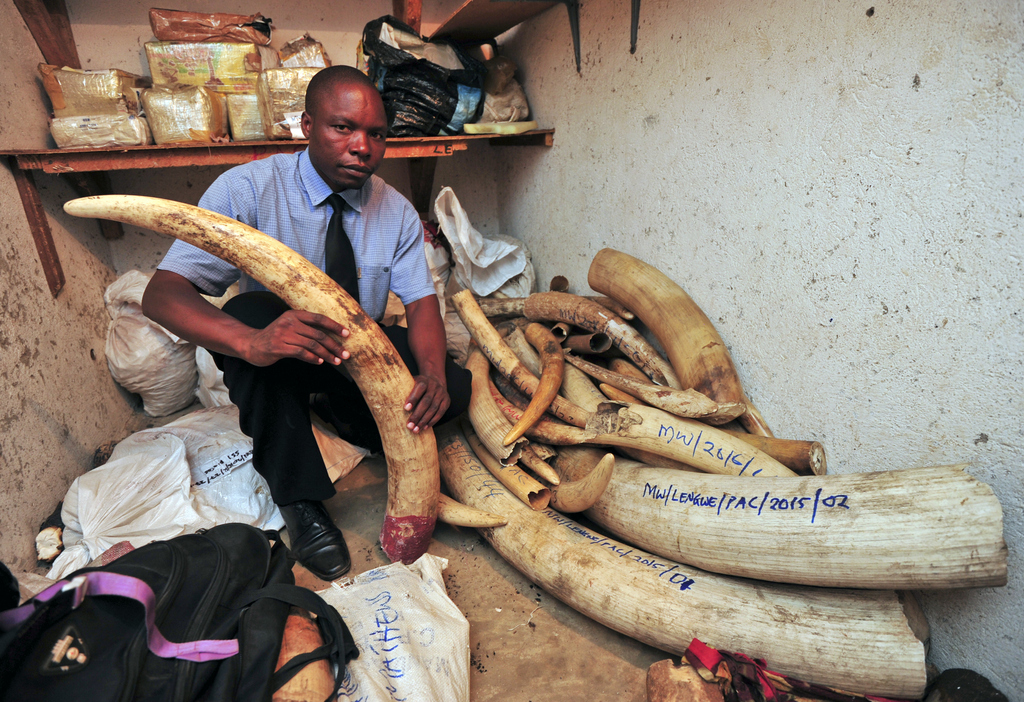
The leader of the criminal network, Yunhua Lin – who has been described by the Government as ‘Malawi’s most wanted suspected wildlife trafficker and notorious king pin’ – was finally apprehended in August after a three-month manhunt. Last week his wife, Qin Hua Zhang, and son-in-law, Li Hao Yaun, were found guilty for trafficking 21 kg of ivory in 2017 and are currently in custody awaiting sentencing. Two of the Malawians from the same group have already received a three-year custodial sentence for pangolin trafficking.
The case exemplifies the modern nature of wildlife warfare. This was believed to be a highly organised criminal unit operating across multiple international borders with ample resources and extended networks at its disposal. This kind of operation is exactly what makes illegal wildlife trade the world’s fourth-largest transnational crime, after the trafficking of drugs, firearms and people.

Fighting crime on this scale demands a collaborative approach. As Prince Harry pointed out on his recent visit to Malawi, ending the illegal wildlife trade needs action “across agencies, borders and continents”. It’s no longer a battle being fought by conservationists on the ground against poachers in the parks. Instead, it requires cross-border investigations and intelligence, robust law enforcement, tough punitive measures and a culture that supports zero tolerance towards wildlife crime.
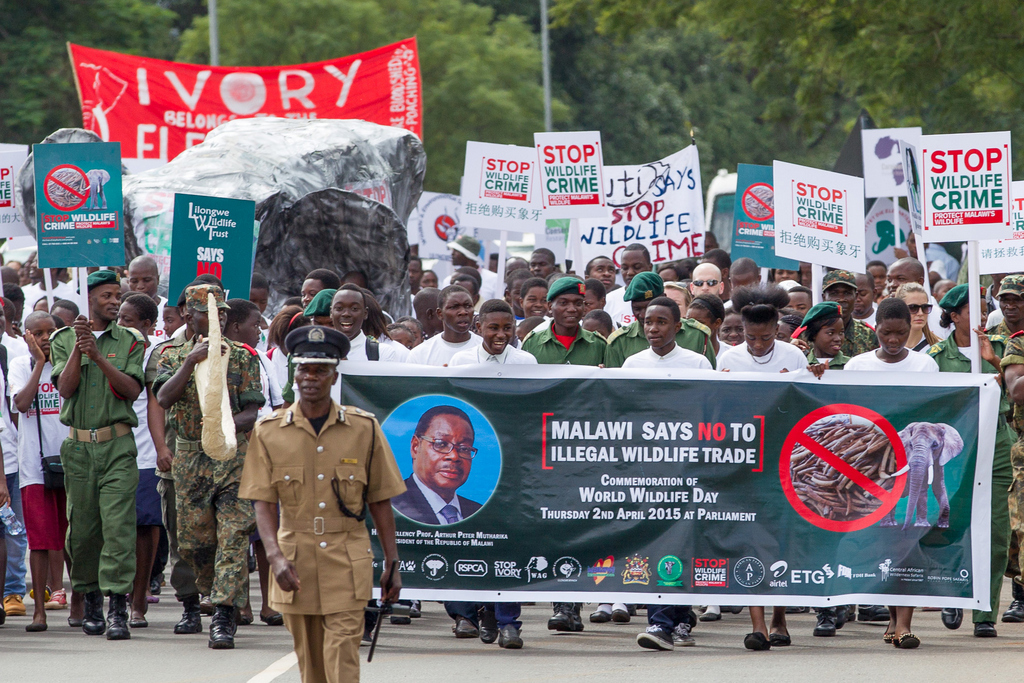
Malawi has made impressive strides on all these fronts in recent years – prompted largely by a damning indictment in 2016, when it was identified by CITES (the global body that regulates wildlife trade) – as a country of “primary concern” and Southern Africa’s “principle transit hub” for international trafficking syndicates.
Since then the Government has invested significant energy and resources in bolstering its response to a crime that was decimating both its own wildlife populations and those of neighbouring countries. In just a few years, average sentences have moved from paltry fines of just $40 to significant prison sentences of up to 22 years. Earlier this year CITES moved Malawi from the “Primary concern” category and just a couple of months ago it recognised the country’s legal framework as being among the strongest in the world for tackling wildlife crime.
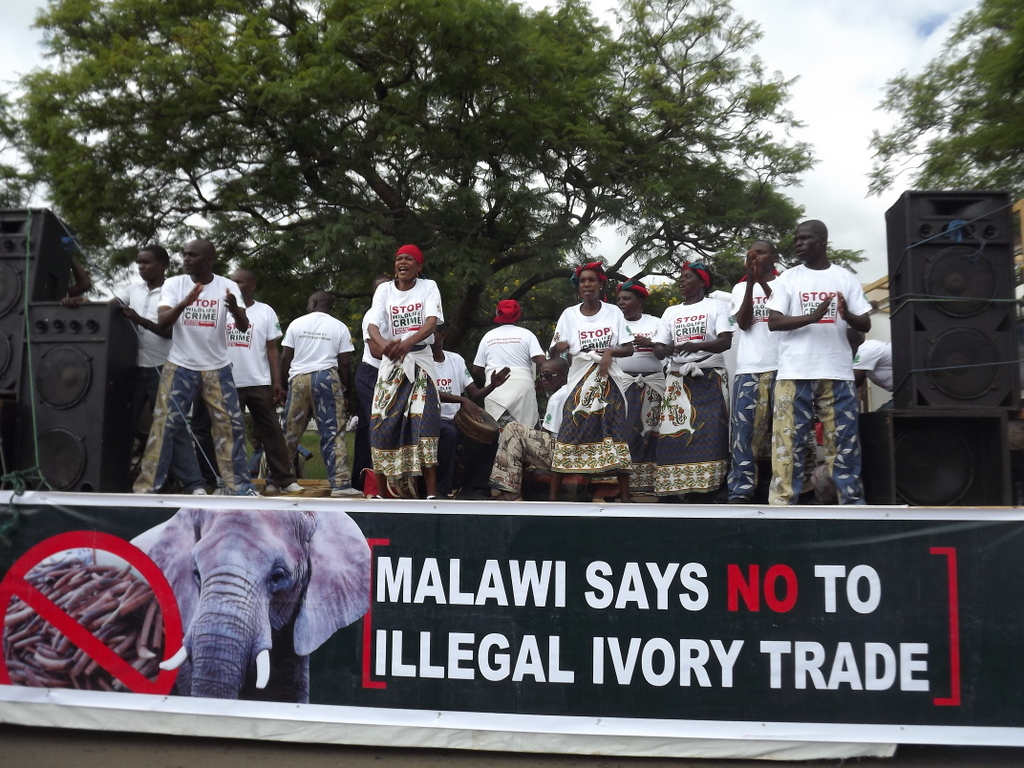
It’s an impressive turnaround, and there are positive signs that Malawi will continue to cement its reputation as an emerging global leader in fighting wildlife crime. However, there is no room for complacency. So far, no non-African foreign national has yet served time in jail for wildlife crime in Malawi. In comparison, foreign nationals are receiving 20-year sentences in countries such as Namibia and Tanzania.
The battle lines have been drawn and the world is watching. Malawi must stand firm in its resolve to protect some of the world’s most endangered species and bring justice to the criminals robbing Malawi – and future generations – of its natural resources and economic potential.
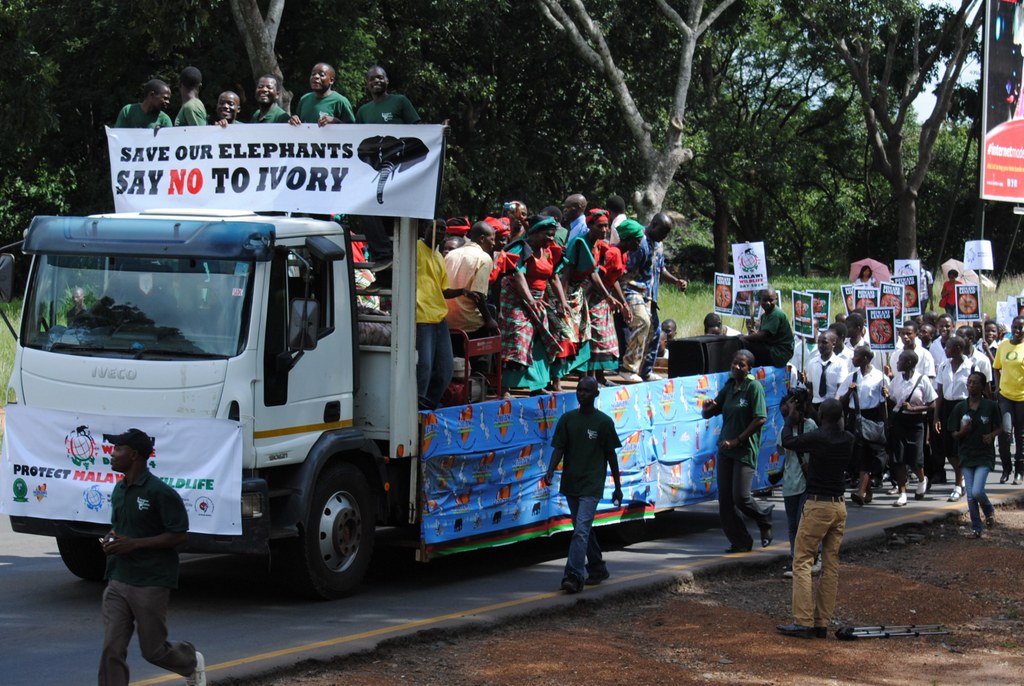
To comment on this story: Login (or sign up) to our app here - it's a troll-free safe place 🙂.![]()






